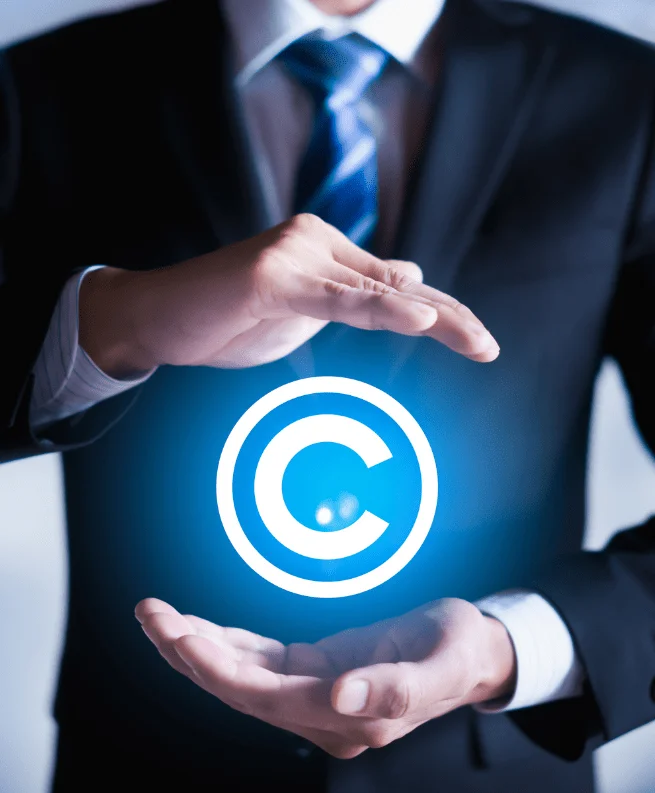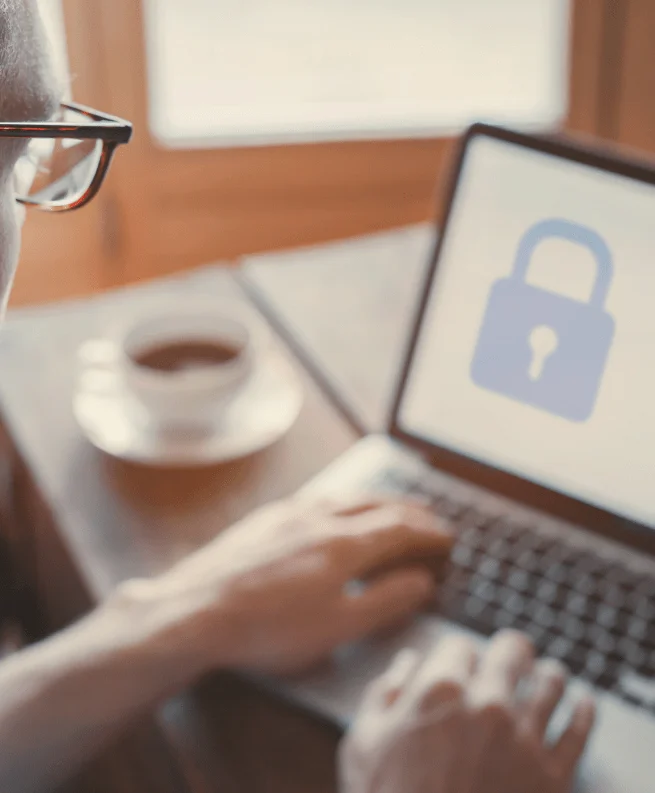
The use of technological means is common nowadays. Many of today’s human activities depend on digital tools, ranging from e-mails and data messages to online games, as well as super-complex structures for the management of companies, banks or government entities. These tools can be as useful as they are dangerous, as they can even be used to commit crimes. Their peculiarity is that they break with physical space, i.e., each act can take place miles away and with a single click.
This preamble is essential because, although it may not seem so, these acts leave a trace, and their legal validity depends on the digital evidence. In any case, this type of evidence plays a fundamental role in the application of the law. More and more crimes involve the use of technology and electronic media. This evidence refers to any type of electronic information that can be used to prove the commission of an act or confirm the innocence of a person during the substantiation of a judicial process.
The Ecuadorian procedural system seeks to keep up with technological advances and innovate in the implementation of legal figures that allow the reproduction of digital evidence. In this regard, the General Organic Code of Proceedings (COGEP) has incorporated in its articles 193 and 194 rules for the exhibition of digital content. These provisions establish that, in the case of electronic documents, it is not necessary to materialize them in order for them to be valid; in other words, they are valid in their digital form.

Similarly, the Comprehensive Organic Criminal Code (COIP) has evolved from addressing only the exhibition of physical documents to broadening its scope and consolidating rules for the exhibition of digital content. These rules are as follows:
- The digital content must be stored in any optical media or storage system, such as CD, tapes, flash memory (USB), among others.
- The digital content shall be reproduced in its original format by any technological means, prior accreditation through the testimony of the expert. This testimony will provide evidence of chain of custody and authenticity in accordance with forensic techniques.

The most common examples of digital evidence include data stored on computing devices, browser activity logs, emails, files, among others.
Concept and challenges of digital evidence
Several authors agree that this concept is difficult to find and standardize, however, it is necessary to understand it in the best possible way. Dr. Jeimy Cano, an international reference in cybersecurity, defines digital evidence as physical evidence that is constructed by magnetic fields and electronic pulses that are collected and analyzed with special tools and techniques1. While Salud de Aguilar Gualda states that it is "all the digital information that proves the reality of a fact affirmed by the parties and that is relevant to the object of the judicial process "2.
With these basic concepts, we can state that digital evidence refers to any type of electronic information presented in a judicial process to support or refute an argument. This information ranges from data stored in electronic servers to any information generated, transmitted or stored in digital media. The importance of digital evidence is enormous, especially in cases related to electronic fraud, data privacy violations, intellectual property disputes, among others.
There is a latent need for countries to adapt their adjective legislation to the new ways in which evidence is presented. Today, there is still a tendency to apply physical evidence procedures to digital evidence, which can be detrimental to legal certainty. The presentation and admissibility of this type of evidence must be careful, always ensuring its integrity, authenticity and relevance. In short, digital evidence is a crucial component in the judicial procedure. Additionally, legal professionals must have a thorough understanding of the techniques and procedures for obtaining, preserving and presenting digital evidence effectively in an ever-evolving legal environment.
If you need advice on this subject, do not hesitate to contact one of our professionals. You can write to us at ace@iurenovum.com or call us at 0990938575 or 0990552880. We will be happy to help you.











